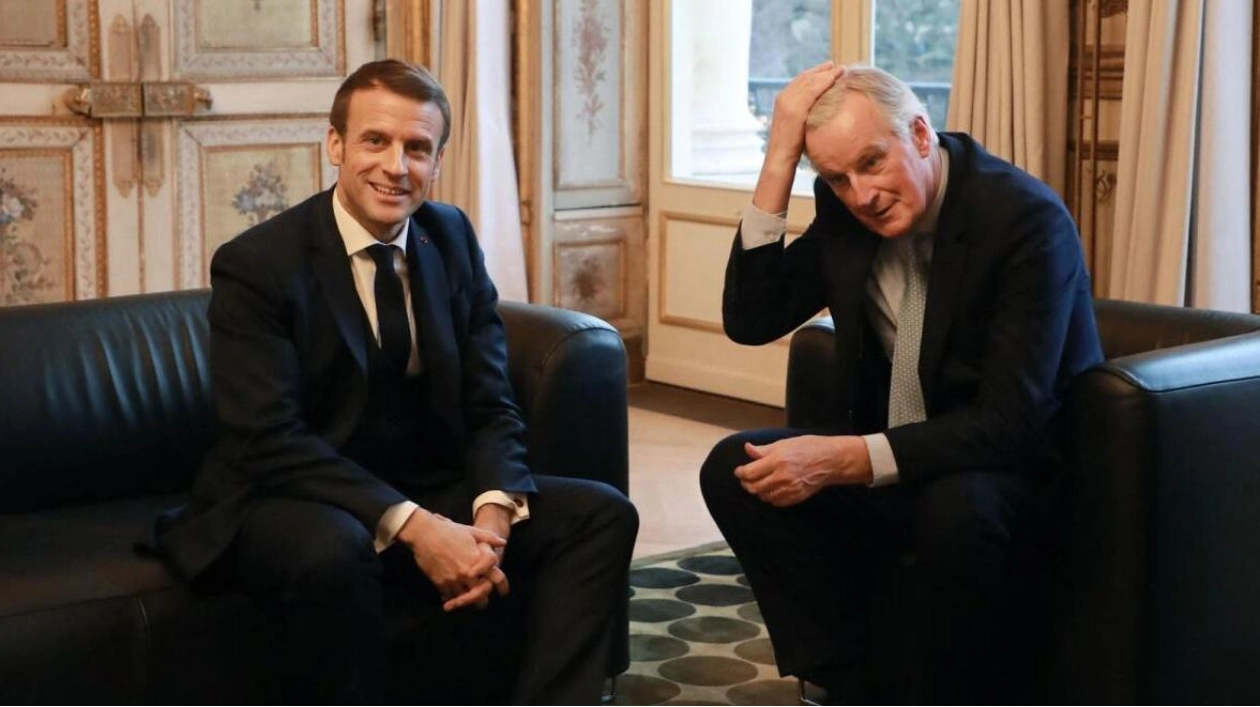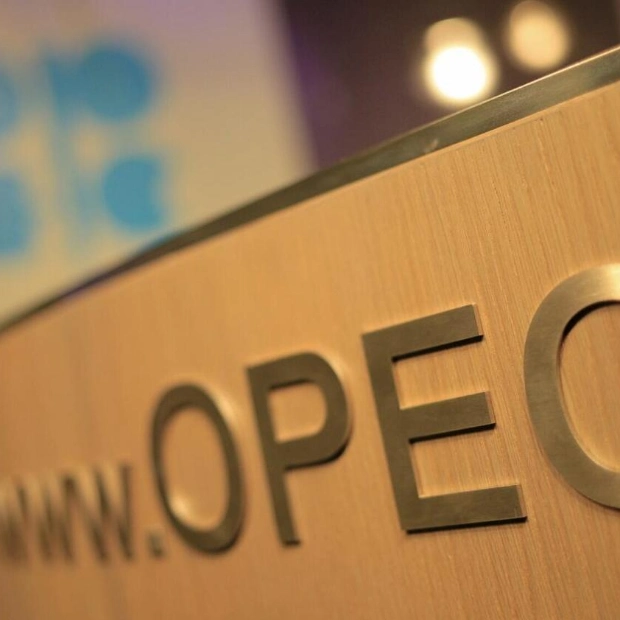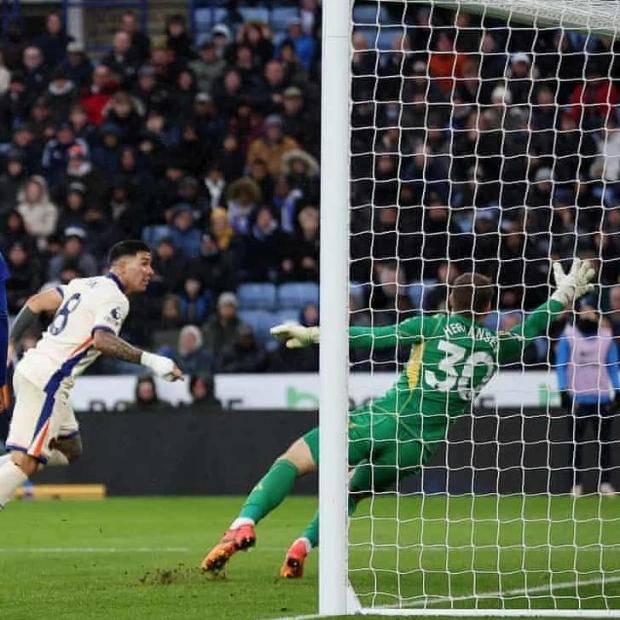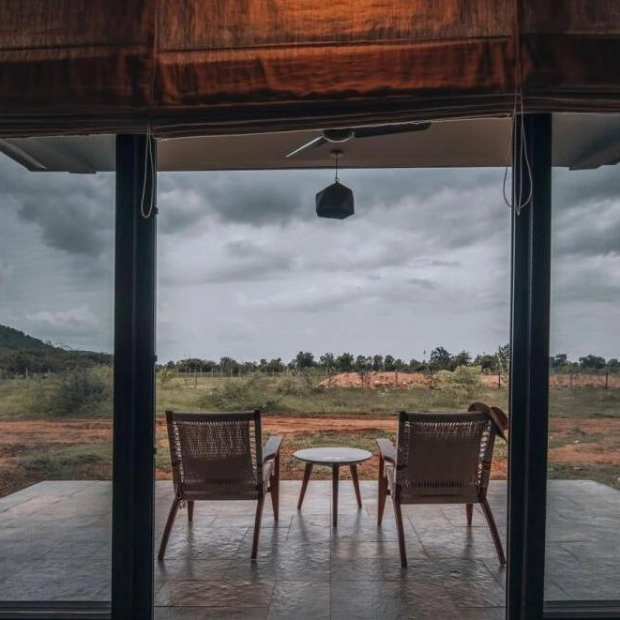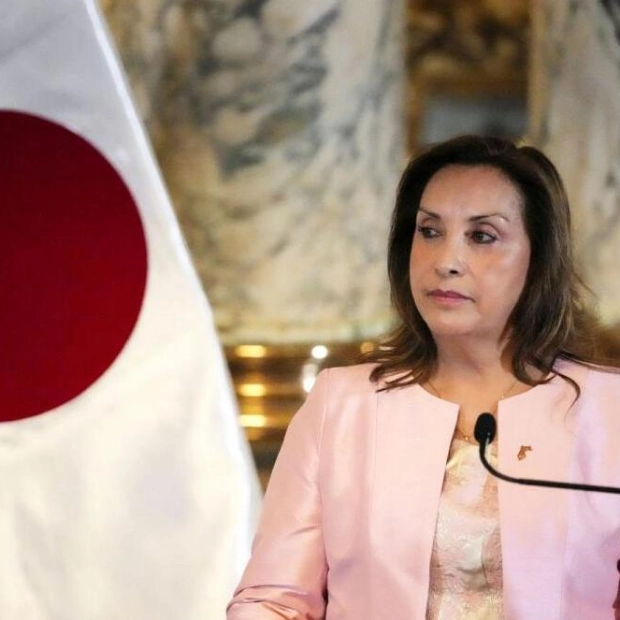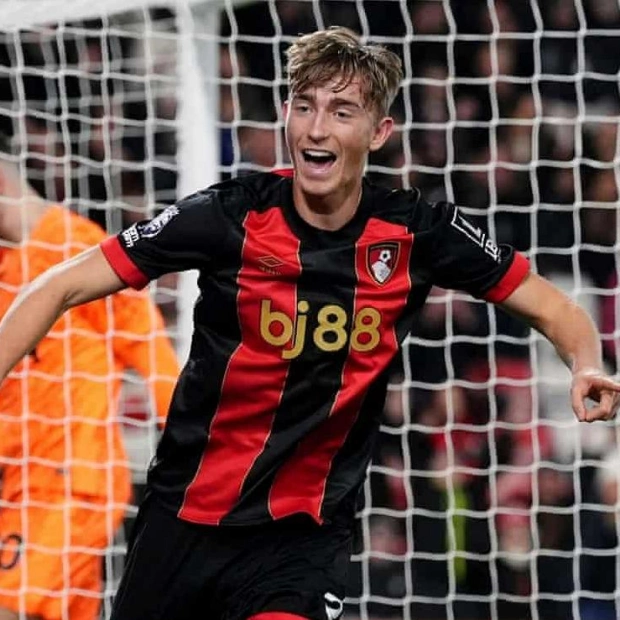On Thursday, French President Emmanuel Macron appointed Michel Barnier, the former European Union Brexit negotiator, as the new Prime Minister, aiming to break the political deadlock following an inconclusive snap election. The crucial question now is whether Barnier's government can secure the adoption of reforms in a deeply divided parliament. The discreet, conservative politician, at 73, will be the oldest Prime Minister in modern French history, succeeding Gabriel Attal, who was the youngest. Barnier, who first became a lawmaker at 27, has held various roles in several French governments, including foreign minister and agriculture minister. He is most recognized internationally for leading the EU's negotiations with Britain over its exit from the bloc from 2016 to 2021.
Macron had considered several potential prime ministers in recent weeks, but none garnered enough support to ensure a stable government, which was his primary criterion. There is no guarantee that Barnier's government will be able to persuade parliament to adopt reforms or maintain power for long. However, the far-right National Rally (RN), the largest single party in parliament after the early July election, indicated earlier on Thursday that it would not immediately reject Barnier if he met certain conditions.
Barnier is a strong pro-European and a moderate career politician, but he significantly toughened his stance during his unsuccessful 2021 bid for his conservative party's presidential nomination, arguing that immigration was out of control—a view shared by the RN. Barnier's political views are generally close to Macron's, and it was crucial for the French President that his new Prime Minister would not attempt to reverse reforms implemented over the past years, particularly Macron's pension reform. It remains uncertain whether Barnier will fully implement Macron's political agenda or introduce new proposals; he will need to negotiate with other parties to pass legislation in parliament.
As Macron's search for a Prime Minister dragged on, public finances worsened, and outgoing Finance Minister Bruno Le Maire stated that tens of billions of euros in budget cuts are necessary to fill the deficit. Macron's decision to call the snap parliamentary election in June backfired, with his centrist coalition losing numerous seats and no party securing an absolute majority. However, voters managed to prevent the RN from winning. The left's New Popular Front alliance emerged as the top winner, but Macron ruled out asking them to form a government after other parties indicated they would immediately vote it down. Instead, he waited weeks before making his choice.
The left alone won't have enough votes to oust Barnier, but they could organize street protests. RN lawmaker Sebastien Chenu told BFM TV that the far-right party would wait to see Barnier's stance on immigration and changes to France's voting system, favoring proportional representation over the current two-round voting system for single constituencies. Lawmaker Laurent Jacobelli, also from the RN, stated that a condition for its support was the immediate dissolution of parliament—which would occur in early July. Nonetheless, the RN was not particularly enthusiastic about Barnier, with Jacobelli describing him as a relic of 40 years of French governance.
